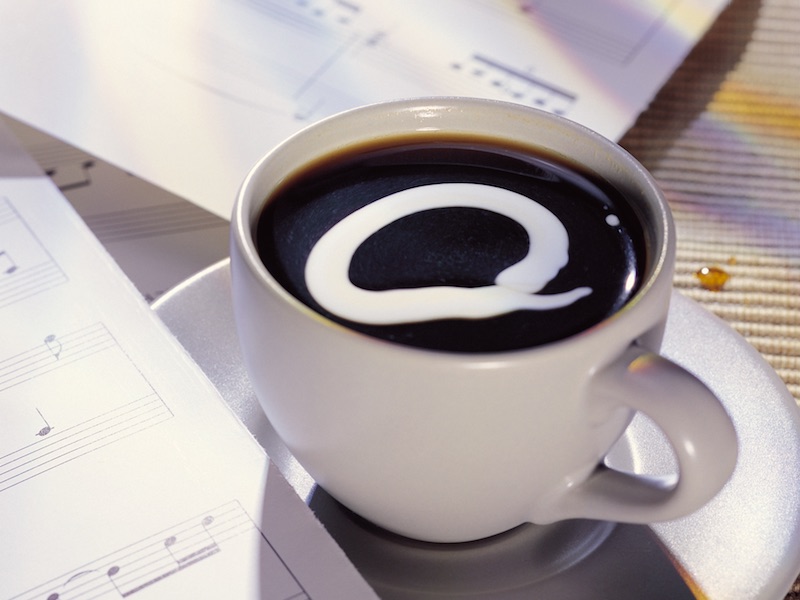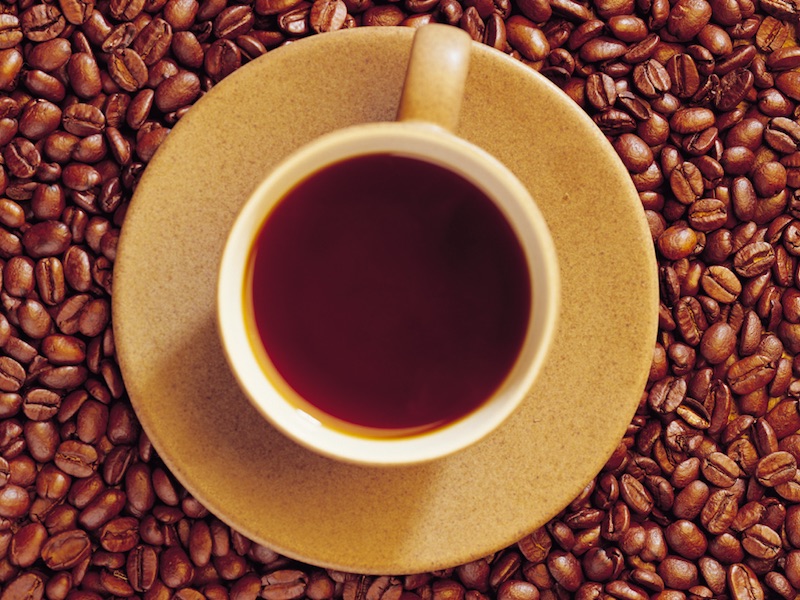Cookies and Terms of Use
By continuing to use our website, you accept the use of cookies. We and our partners store cookies on your device or your computer as these cookies help to improve our service, remember your preferences, customize your browsing experience for content and advertising and to enrich your user experience. Do read the terms of use in full before you use this website as browsing and using the website implies that you accept these terms. For more information visit our cookie policy and terms of use - Team gud2eat.com








